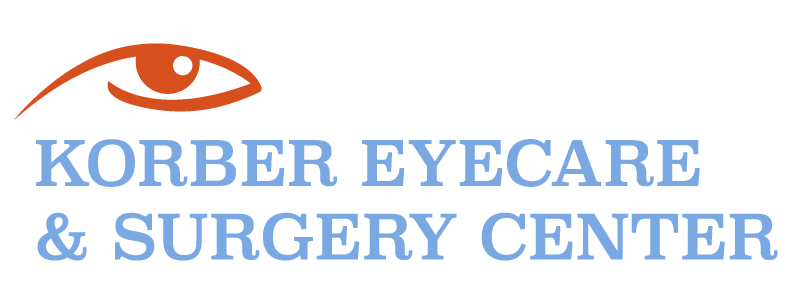What is Cataract Surgery?
Cataract surgery is a procedure for the removal of the cloudy natural lens of the eye and replace it with a clear artificial lens. The purpose of your lens is to bend (refract) light rays that come into the eye to help you see. Your own lens should be clear, but as a cataract progresses, especially after age 50, it becomes cloudier. Cataracts will begin to affect your vision, it will be like looking through a foggy or dusty car windshield. Things may begin to look blurry, hazy, less colorful, and glare at night may begin to be a problem. Thankfully, Cataract surgery is one of the safest and most effective surgical procedures performed today.
Our Surgery Center
Our cataract eye surgery center in OKC is located within the same facility as our clinic and optical shop, which are dedicated to total eye care. We believe in compassionate medicine, where patients feel reassured and comfortable. At Korber Eyecare, our staff and our surgeon are all fully dedicated to ensuring you get the best possible eye care. At Korber Eyecare and Surgery Center, we are ready to discuss all the option now available during cataract surgery, and which option is best for you.
Why do I Need Cataract Surgery?
If you have a cataract, that doesn’t always mean you need surgery. You may not even notice any change in your vision, but as cataracts grow, they can cause more symptoms. You could begin to have dim, blurred, or yellow-tinted vision. These problems can make it hard to read, work on computers, drive, or do anything else that calls for clear eyesight. Cataracts can make you more sensitive to glare from the sun or car lights. This can keep you from being outdoors as much. Cataracts can reduce the clarity of your color vision, and can make it more difficult to follow the flight of a golf ball.
Once cataracts begin to affect your daily life and can no longer be helped with prescription glasses, cataract surgery is a safe and effective option.
What Happens During Cataract Surgery?
Your eye will be numbed with eye drops or with an injection around the eye. Before this, you will also be given an oral medicine called Versed to help you relax. You will be awake during surgery. You may see light and movement during the procedure, but you will not see what the doctor is doing to your eye. Using very small instruments, your surgeon will break up the lens with the cataract and remove it, a process called phacoemulsification. With phacoemulsification cataract surgery, an ultrasound instrument breaks up the center of the cloudy lens and suctions it out. Then your new lens is inserted in place. Your eye will not need to be stitched because phacoemulsification only requires a small “self-sealing” incision. A shield will be placed over your eye to protect it while you heal from surgery. You will rest in a recovery area for about 15 minutes, and then you will be ready to go home.
How do I Prepare for Cataract Surgery?
A week or two before your procedure, your doctor will do some tests to measure the size and shape of your eye. If you previously had Lasik, you may be asked for your surgical records. You will be given a prescription to pickup from your pharmacy prior to surgery, and paperwork to fill out prior to surgery. For the day of surgery, you will be asked to place your antibiotic drop in your eye the day prior to arriving at the cataract surgery center. You will also be asked to not eat or drink anything after midnight on the day (night before) surgery. Please have a list or know any drug or latex allergies that you may have. During this process, you will also be given information about different lens option. Depending on your own preferences, you may decide on a premium lens option.

